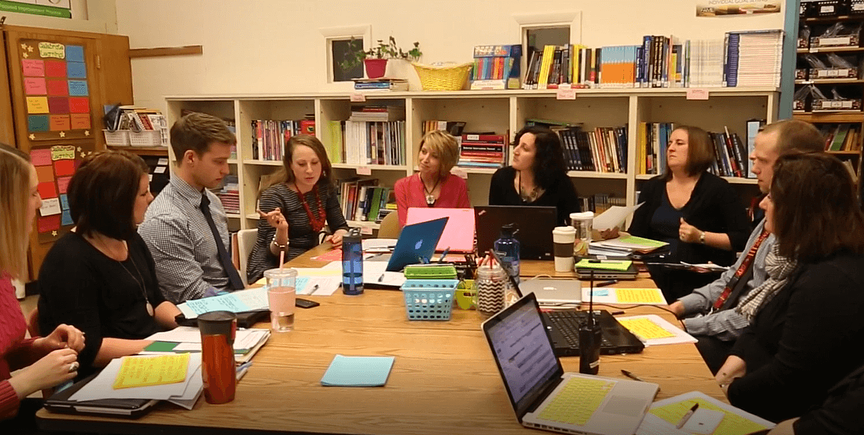Equity requires learner agency. Learner agency is manifest when students learn skills of self-regulation and metacognition. More than any other strategy, formative assessment strengthens these skills during daily instruction. To achieve equity goals, we must develop ways to scale formative assessment, so that students, teachers and leaders learn skills to strengthen learning, agency and equity.
WestEd specialises in developing transformative professional learning in formative assessment at scale. We have achieved scale through innovative professional learning that situates adult learning in local contexts, using application and reflection cycles rooted in current classroom practice. Learning for leaders addresses cultural and system-level shifts to deepen teacher and student agency. Advanced courses focus on peer review, in which teachers reflect on current lessons to strengthen students’ use of evidence to guide learning.
Data from a range of WestEd courses highlight significant changes in teacher and student roles, including improved use of evidence and feedback, and learning from peers. In 2020, a peer-reviewed study examined survey results from 1,200 teachers and 24,000 students engaged in WestEd’s online professional learning, showing that increased use of formative assessment led to increased self-regulation by students.
With vital support from foundations, and through ongoing dialogue with national networks, WestEd's team shifted its focus from formative assessment as a set of technical skills, to formative assessment as an essential instructional practice to strengthen the student role in learning in order to advance equity. WestEd has spread this work through participation in regional and national networks, state-level initiatives, and district partnerships. These relationships have created new opportunities for field-building, bringing students, teachers, leaders and policy makers together to inform this work. These multiple entry points enable partners to explore the instructional changes, cultural practices and policy shifts to enable formative assessment as a core equity strategy.
We have found that early implementation of formative assessment is significantly improved when school and district leaders have developed the knowledge and skills to introduce and lead this work in context. Descriptions of virtual course offerings, including leadership training options, are outlined on the Formative Insights website.To learn more, email Nancy Gerzon, ngerzon@wested.org.



